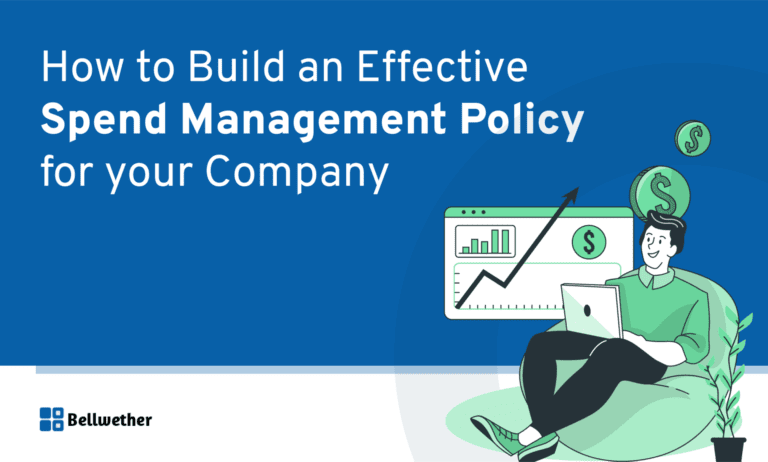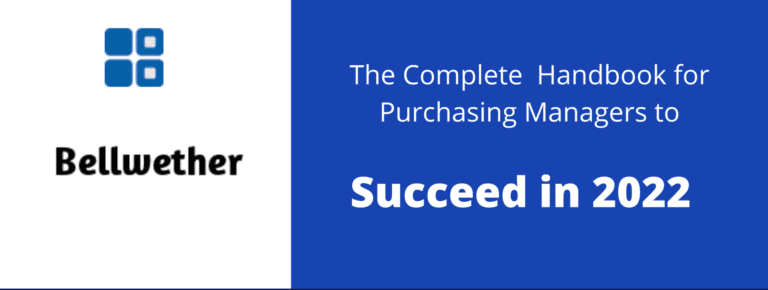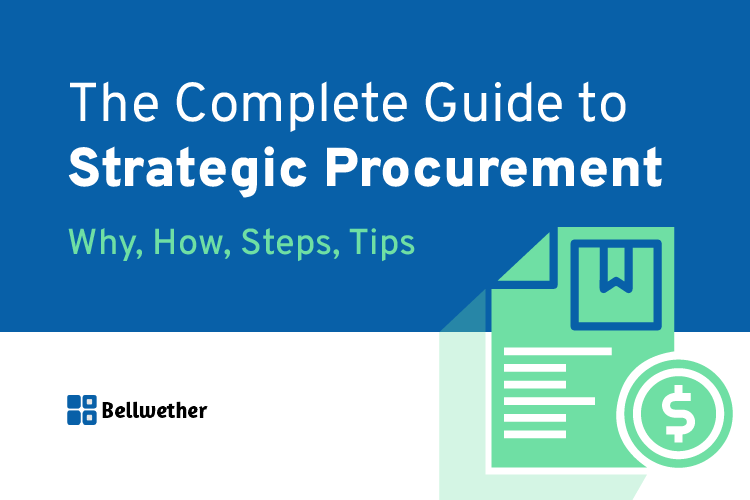Contracts make up a big part of our personal and professional life with everything from getting utility services in your home, mobile phone service to multi-billion dollar business deals for company acquisitions. Somewhere in between is where most purchasing managers find themselves. The dollar amount for most contracts is not in the billions of dollars so does that mean we shouldn’t concern ourselves with the little contracts… don’t sweat the small stuff? Actually, all purchasing managers should be very aware of the contract process and heavily involved to ensure their company is protected while at the same time not trying to tilt the scale too heavily in their own favor. Every contract should have two winners.
There are 3 basic elements to every contract including those you deal with as a purchasing manager.
- The Offer is what starts the process. It can be written or verbal and is simply what is offered to another party in exchange for something else. This typically involves a monetary exchange, but can involve exchanging goods or services as well.
- The Acceptance is what creates the contract. If one party tries to modify the terms or make changes to the initial offer, then it becomes a counter-offer. There is no contract until one party accepts the offer or counter-offer.
- Consideration is what is promised in exchange for something else. This is often money, but could also be goods or services, another benefit or anything that both parties agree to. It could be a promise to pay X dollars when goods are delivered. It could be a promise in exchange for a service.
As a buyer or purchasing manager seeking services or goods from a supplier, you do not typically want to use their contracts. Using their contracts can you put you at a disadvantage. As a supplier, they do this every single day and are very good at optimizing their profit. They may even have a team of lawyers ensuring their best interest is held in priority with the crafting of every contract. Their lawyers will not have your best interest in mind. Level the playing field by writing your own contracts to provide to the supplier. Be sure to make it balanced and fair to both parties or they will build extra funding into the purchase price to compensate for excessive aspects that favor only you. So use your own lawyers to protect your interest, but don’t go overboard and skew things in your direction or you will pay the price. It may also be a good idea, depending on the complexity of the contract, to include a guide that outlines the key points that are most important to help manage the deal over an extended period of time. It won’t replace the contract, but give everyone a condensed version to view and stay on track. Following these suggestions will help ensure everyone wins.






